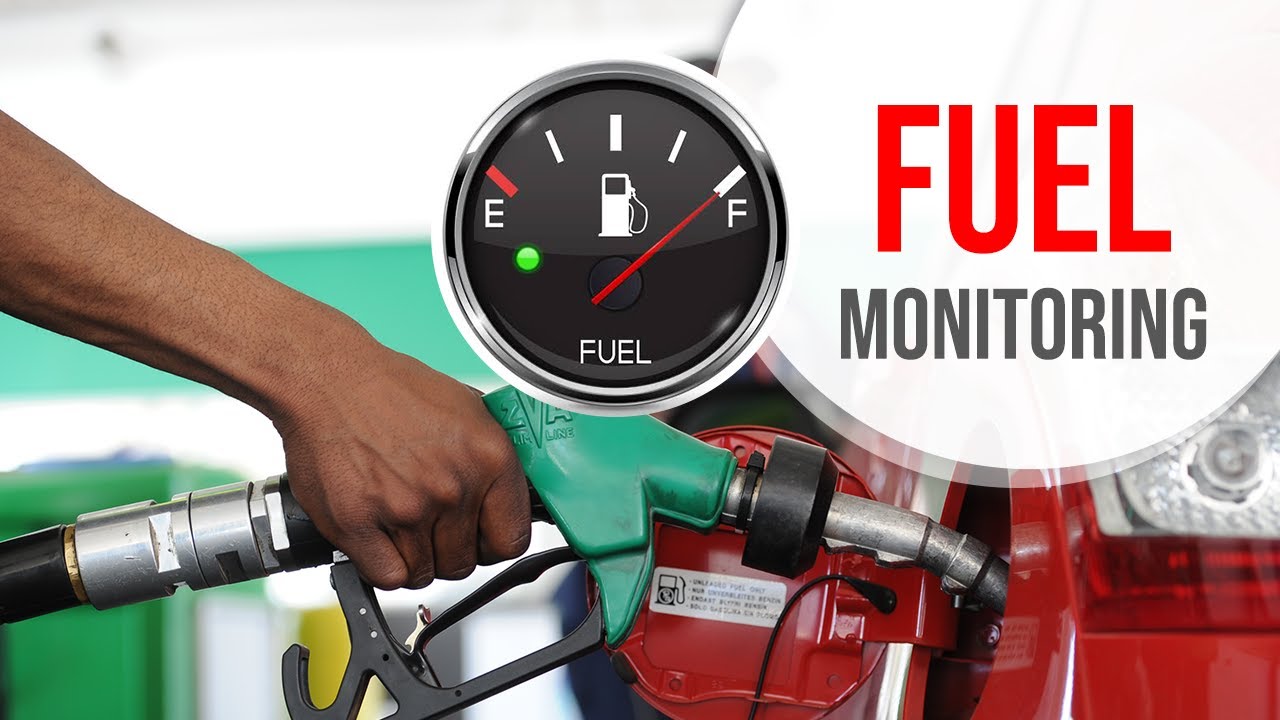Fuel monitoring is akin to keeping tabs on how much gas you use in your vehicle. It’s a foundational concept for fleets because it saves money and ensures the vehicles keep running smoothly. When we know the volume of gasoline each car consumes, car attendants can plan better and guarantee that there is no single vehicle that will unexpectedly run out of fuel. This way everything runs effectively without any delays for gas.
Consideration When Choosing Fuel Monitoring Equipment
One of the main factors you should consider when selecting fuel monitoring equipment for your fleet is efficient fuel consumption monitoring. This refers to its capability to monitor accurately and measure the amount of fuel used by individual vehicles as well as other uses such as billing. You need precise fuel consumption monitoring so that you have enough information about how much fuel has been consumed and how much may have been wasted on unnecessary trips.
- Accuracy: This simply means how closely the device can estimate the actual quantity of petrol used. It’s just like having a ruler that measures things correctly. Fleet managers can make wise choices regarding what amount their cars need if their devices are accurate.
- Compatibility: Compatibility is ensuring that all puzzle pieces fit together properly. The equipment must match well with your fleet vehicles in terms of compatibility with them, both physically and functionally. When everything is in harmony, it is like working with a team that goes off smoothly.
- Ease of Use: Ease of use implies how difficult or simple a gadget is to employ. For instance, consider an easy game whose rules are simple and everybody knows what to do. If the fuel monitoring equipment is user-friendly, anyone can operate it without requiring much training or assistance from others.
- Cost-Effectiveness: Cost-effectiveness refers to making financially informed decisions. This is similar to purchasing something that will save you money in the future. When buying equipment, question how much it costs upfront compared to how much money it can save you over time. Sometimes spending more at first means saving a bundle later on.
Types of Fuel Monitoring Equipment
There are various types of fuel monitoring equipment available, each offering unique features and benefits:
- Fuel Flow Meters: The fuel flow meters are devices that measure the flow rate of fuel at each point in time, providing accurate information about fuel consumption and identifying any deviations.
- Telematics Systems: These systems are linked with GPS technology; as a result, they monitor not only how much fuel is used by the vehicle but also its location, speed, and performance capabilities, thus enabling comprehensive fleet management.
- Fuel Level Sensors: To achieve this purpose, these sensors check the amount of fuel present in tanks and issue warnings when such quantities get extremely reduced to curb cases of fuel shortages before timely refueling.
Considerations for Installation and Integration
Proper installation and integration of fuel monitoring equipment are crucial for optimal performance. Follow manufacturer guidelines closely during installation to ensure accurate readings and prevent potential issues.
In addition, one should effortlessly blend the equipment into the existing fleet management systems for monitoring at a centralized point and data analysis that is in line. This collaboration helps to increase operational efficiency and allows for making better decisions for real-time data. Further, it is important to note that taking enough time during installation and integration is very important because it leads to seamless fleet management system operation hence maximizing productivity and cost-effectiveness.
Maintenance and Support
Maintenance is necessary for fuel monitoring equipment to be kept in optimal conditions. For accurate readings and avoiding problems, it’s important to have regular check-ups as required by the manufacturer.
In addition, one should always choose a dependable maker or service company that is capable of providing quick support services, helping with troubleshooting or supplying the latest information. Proper maintenance and support mean that your device will last longer enhancing efficient fleet management. Finally, remember that it pays off in the long run when you invest time and resources towards good maintenance approaches including regular checks following manufacturers’ guidelines which can save money for the company by avoiding unexpected downtimes.
Conclusion
Conclusively, choosing the best fuel monitoring devices is crucial to maximizing fleet productivity while minimizing expenses, thus guaranteeing successful operations. Fleet managers can facilitate their organizations to make informed decisions by considering accuracy, compatibility, ease of use, and maintenance as some of the factors.
